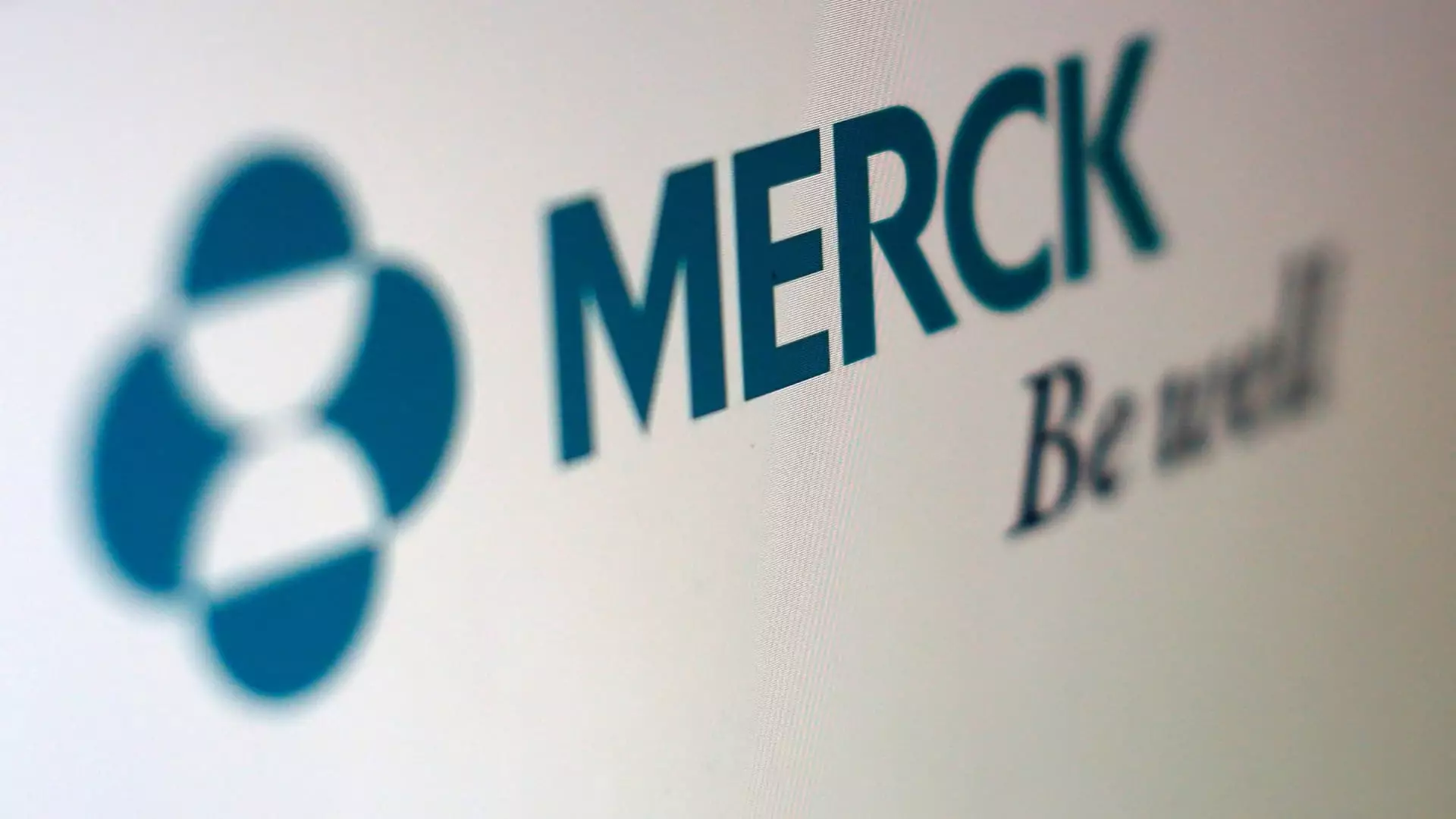In an exhilarating turn of events, the Food and Drug Administration (FDA) recently granted approval to Merck’s innovative treatment, Enflonsia, aimed at combating respiratory syncytial virus (RSV) among infants. This approval marks a significant milestone, not just in the medical field but also in the ongoing battle against a virus that remains a notorious adversary for both the young and the elderly. The implications of this development extend beyond its immediate medical benefits, delving deeply into the conversations surrounding healthcare accessibility, competition, and corporate ethics in pharmaceutical innovation.
Emerging Competitors and Unprecedented Challenges
While Merck’s introduction of Enflonsia is undoubtedly a cause for celebration, it also comes amid the complex landscape of RSV treatments. Currently, Enflonsia enters a competitive arena dominated by Sanofi and AstraZeneca’s Beyfortus, which saw overwhelming demand last year leading to notable supply shortages. This important context raises questions not just about the efficacy of these treatments, but about the systems that deliver them. With the demand for Beyfortus indicating a profound need for effective RSV interventions, one can’t help but wonder if market dynamics are paralleling public health priorities.
Merck’s assertion that Enflonsia can be administered regardless of an infant’s weight positions it as a potentially more user-friendly option, streamlining the often cumbersome process of healthcare decisions for parents. However, this convenience should not be misunderstood as a guarantee of equal access to treatment. The reality remains, particularly in an American healthcare context, where disparities in socioeconomic status often dictate health outcomes. Will Enflonsia truly reach all families in need, or will it find itself similarly constrained by the intricacies of insurance, cost, and availability?
Hope Amid Healthcare Inequities
The introduction of a new treatment in a landscape rife with competition has ignited a spark of hope, particularly for families grappling with the severe implications of RSV. Complications arising from RSV infections account for thousands of hospitalizations annually, especially among newborns. Merck’s claims of an 84% reduction in RSV-related hospitalizations and a 90% reduction in lower respiratory infections are nothing short of revolutionary. Yet, amid these promising statistics, a critical observation about the relationship between innovation and accessibility must be made.
For many families, even with the FDA’s approval, the reality of navigating the healthcare system may overshadow the promise of the new drug. The upcoming RSV season may see an arduous race not just for vaccinations but for equitable access to treatments that can be lifesaving. With systemic barriers in healthcare still looming large, the stakes remain high. Are pharmaceutical companies adequately held accountable for ensuring their products reach the families who need them most?
Questioning the Supply Chain and Corporate Ethics
The situation is further complicated by Sanofi’s response, which emphasized their effort to scale up the supply of Beyfortus, underscoring the high stakes in a market linked to public health. The fierce competition begs the question: Are these companies genuinely committed to public well-being, or merely vying for financial gain? The $1.8 billion sales from Beyfortus over the past year illustrate the significant financial incentive to dominate this space.
As Enflonsia prepares for its market launch, it becomes imperative to reflect on the ethical implications inherent to this competitive dynamic. Pharmaceutical innovation, while crucial, should not overshadow the core mission of healthcare: to improve lives and ensure well-being. Financial incentives and corporate strategies should not act as a barrier, creating artificial scarcity around life-saving treatments.
The Future of RSV Prevention and Public Health
The imminent meeting of outside vaccine advisors to the Centers for Disease Control and Prevention (CDC) holds the potential to set the tone for future RSV treatments and vaccinations. As companies like Pfizer, GSK, and Moderna also explore webinars in this space, public health policy will inevitably be shaped by the outcomes of such discussions. Herein lies a pivotal moment for stakeholders: the chance to balance innovation in drug development with a steadfast commitment to healthcare equity.
In a society that often prioritizes profit over people, the approval and impending launch of Enflonsia serves as a critical bellwether. It embodies both promise and responsibility, challenging the barriers entrenched in accessing vital medical resources. With such high stakes, the healthcare community must strive not only for innovation but also for a future where every family has equal access to the treatments that could save their loved ones.


Leave a Reply